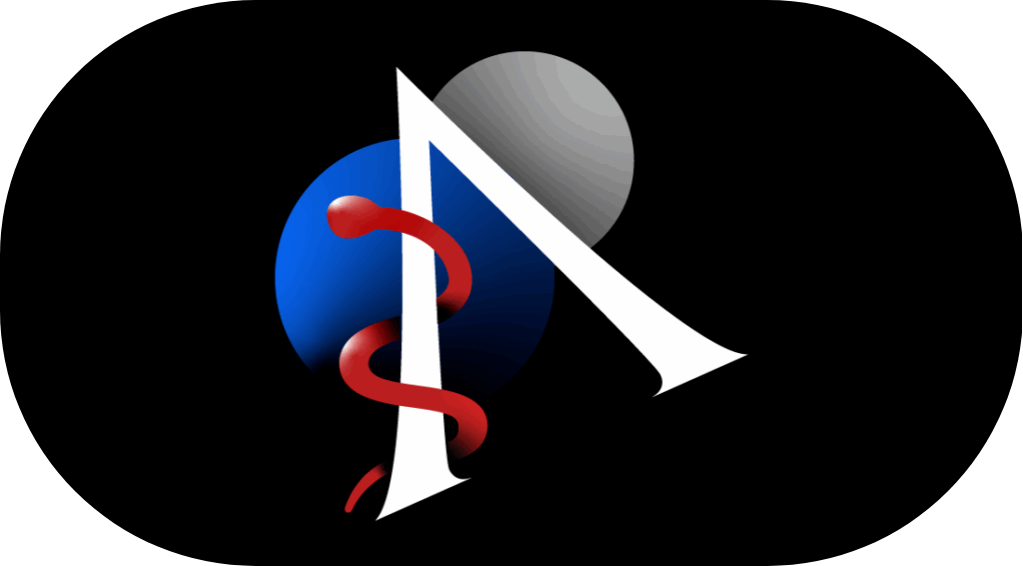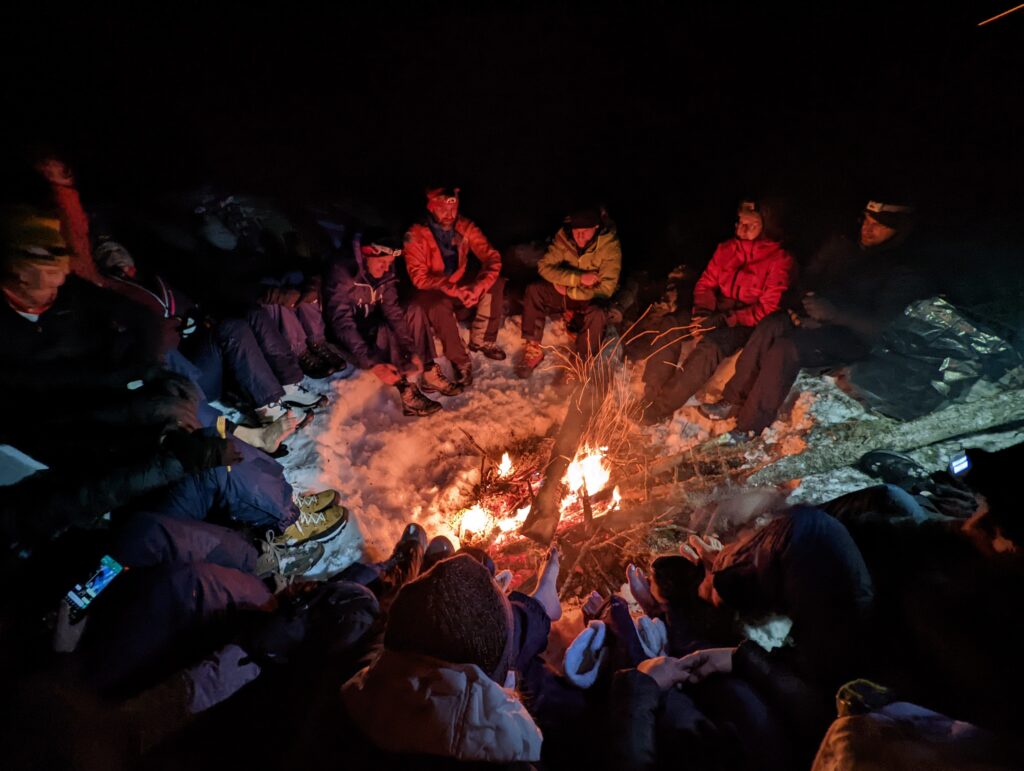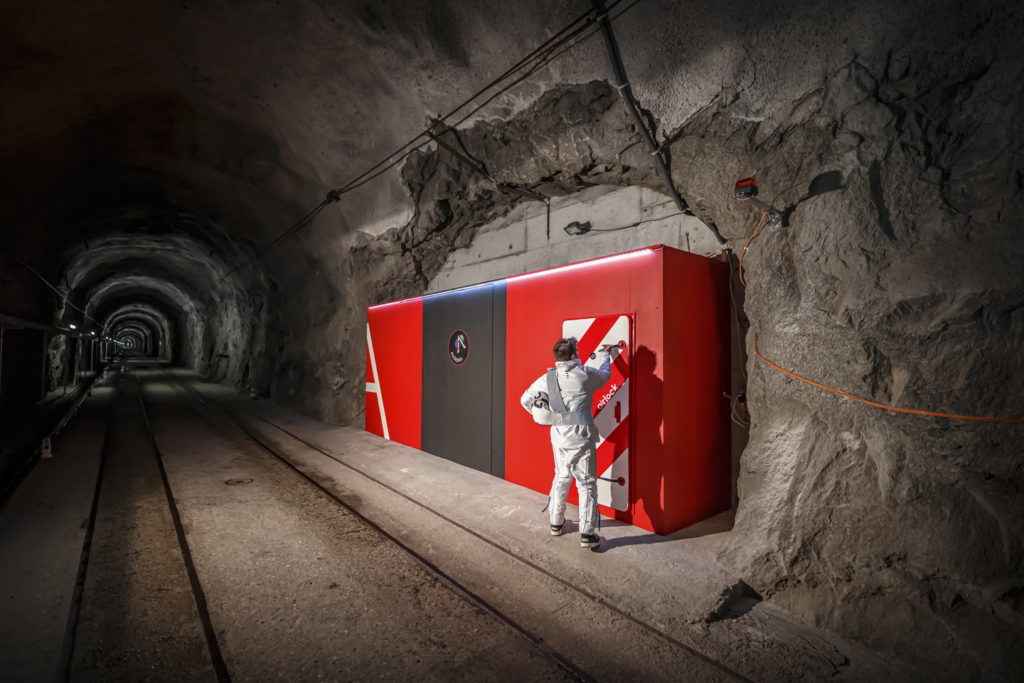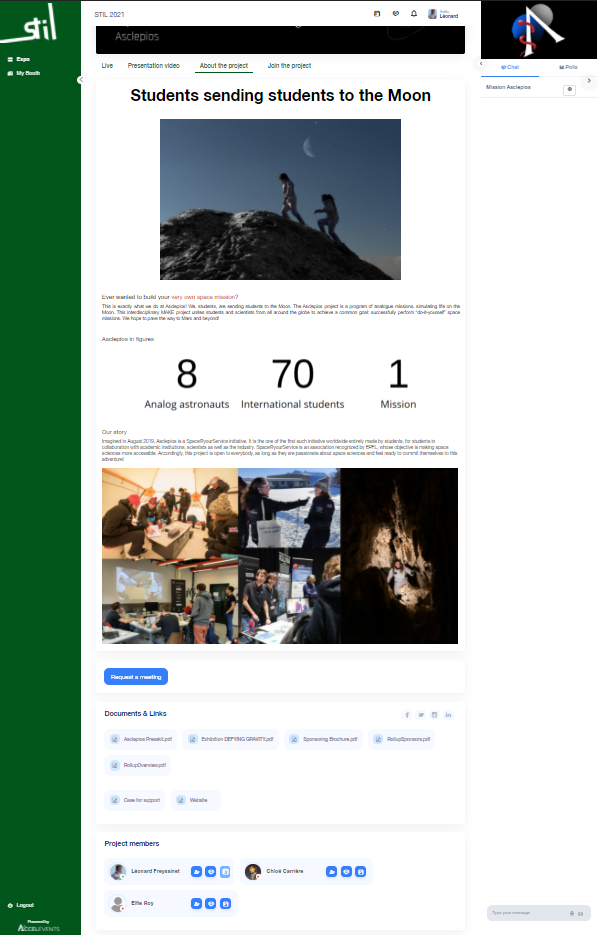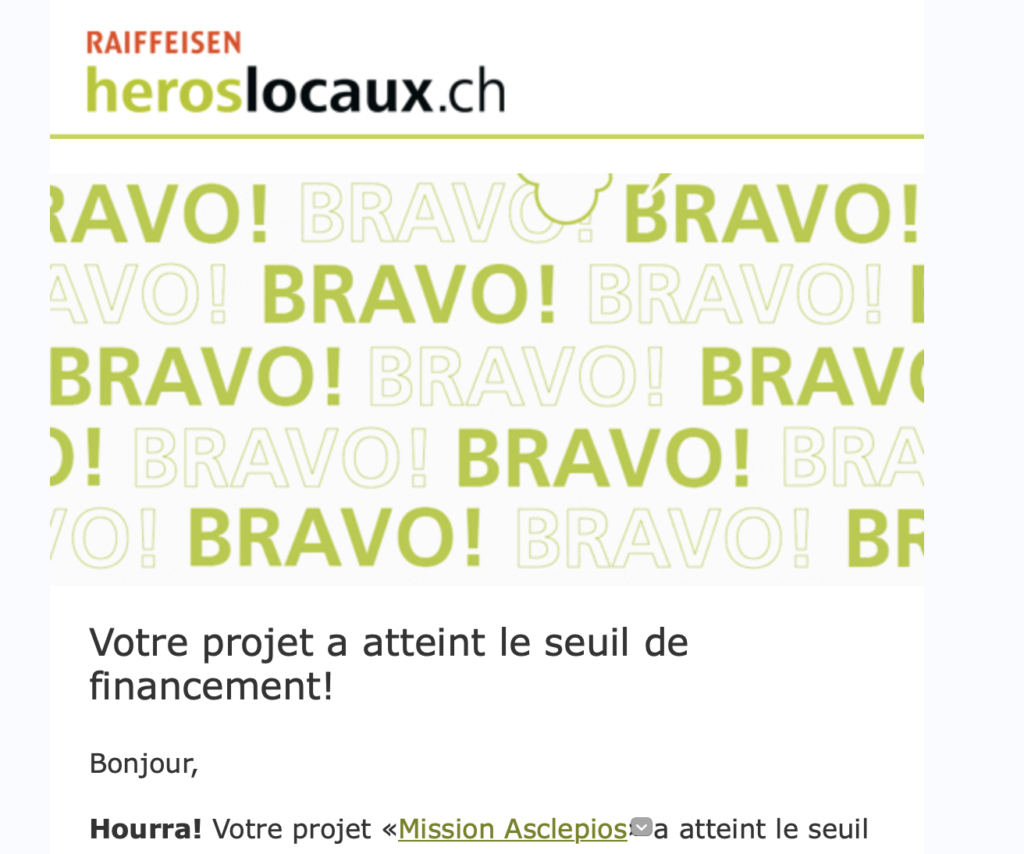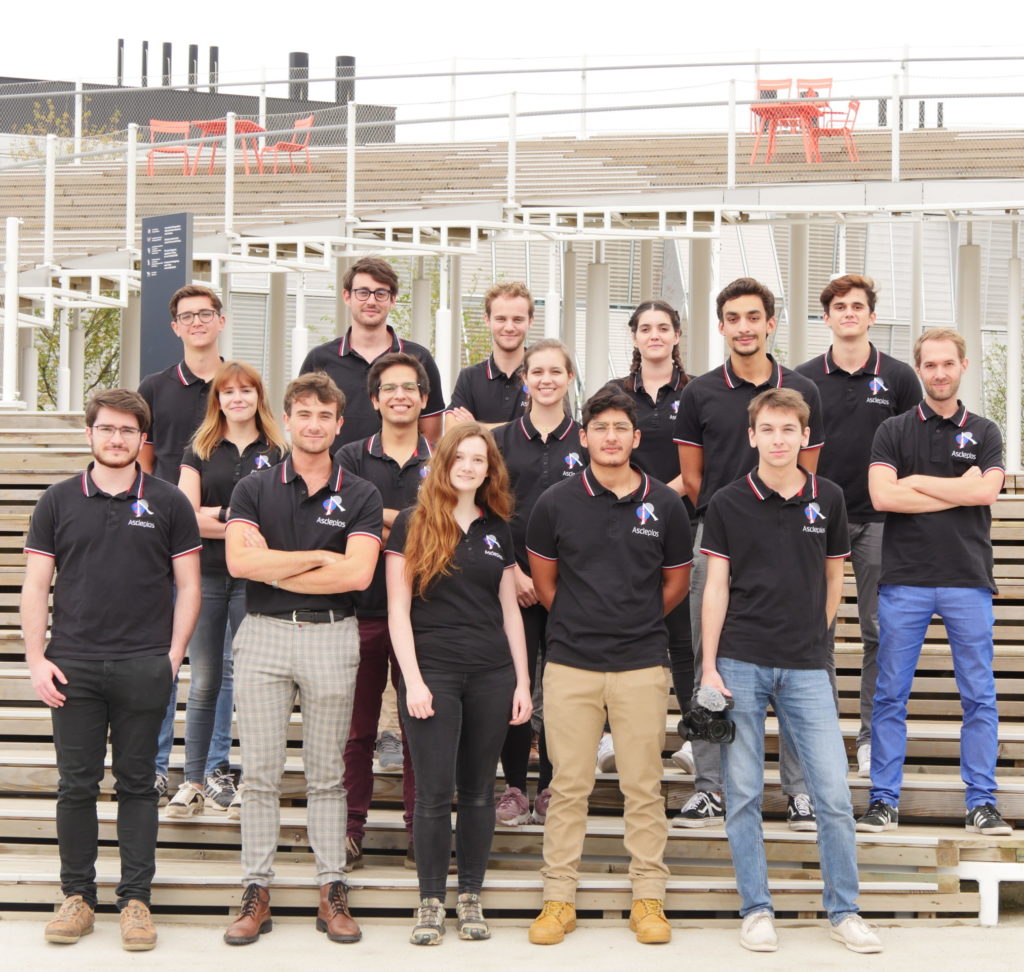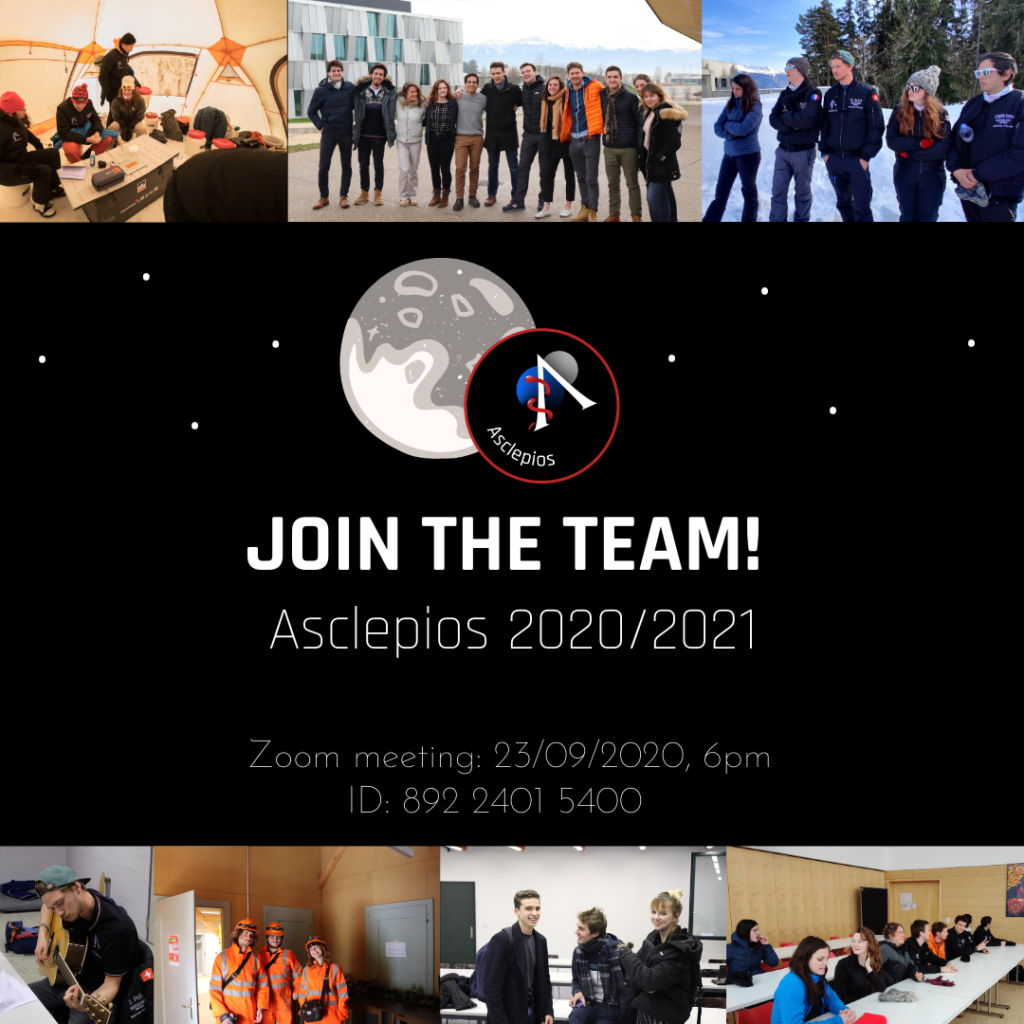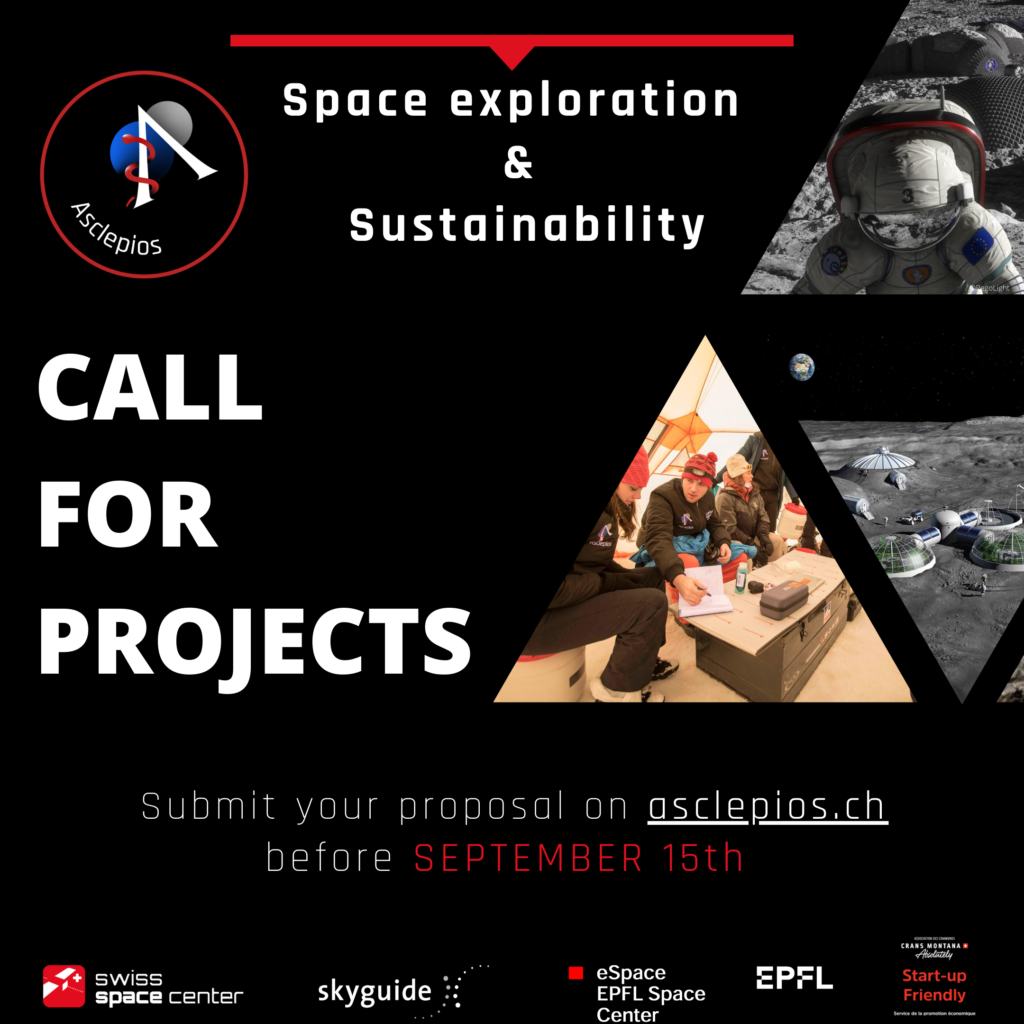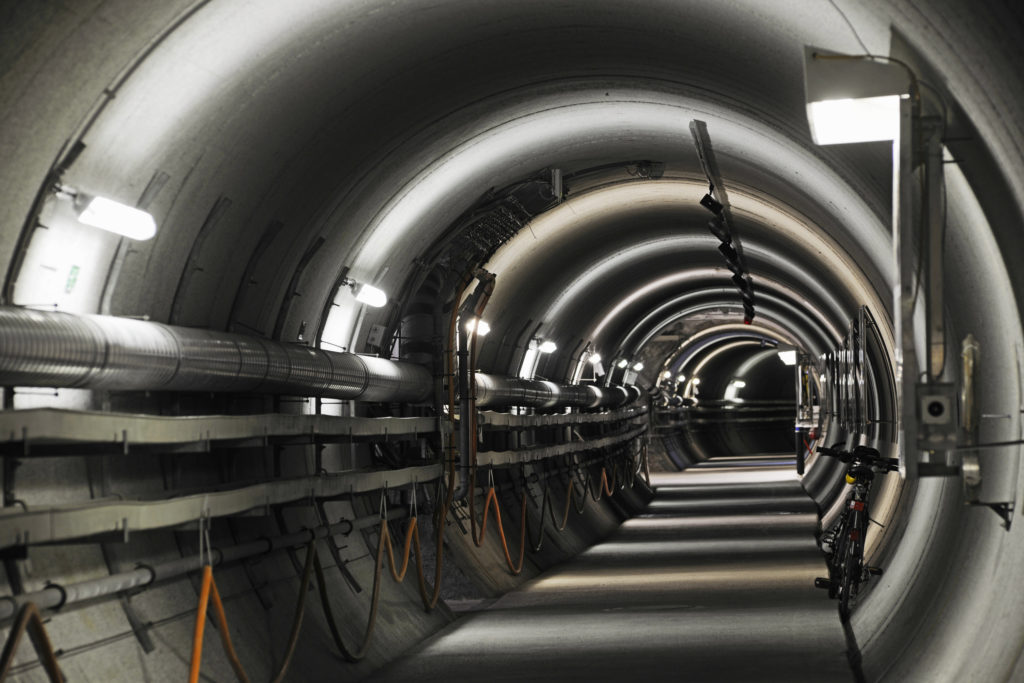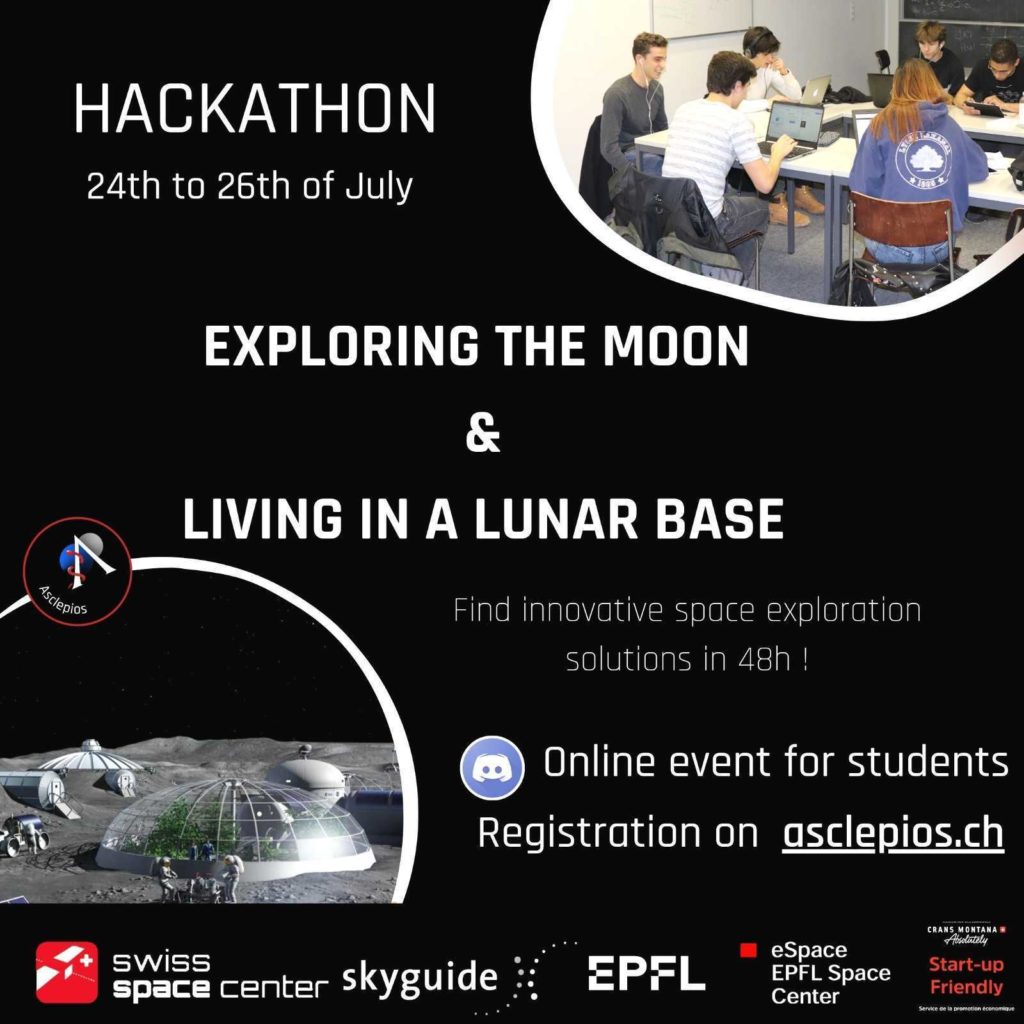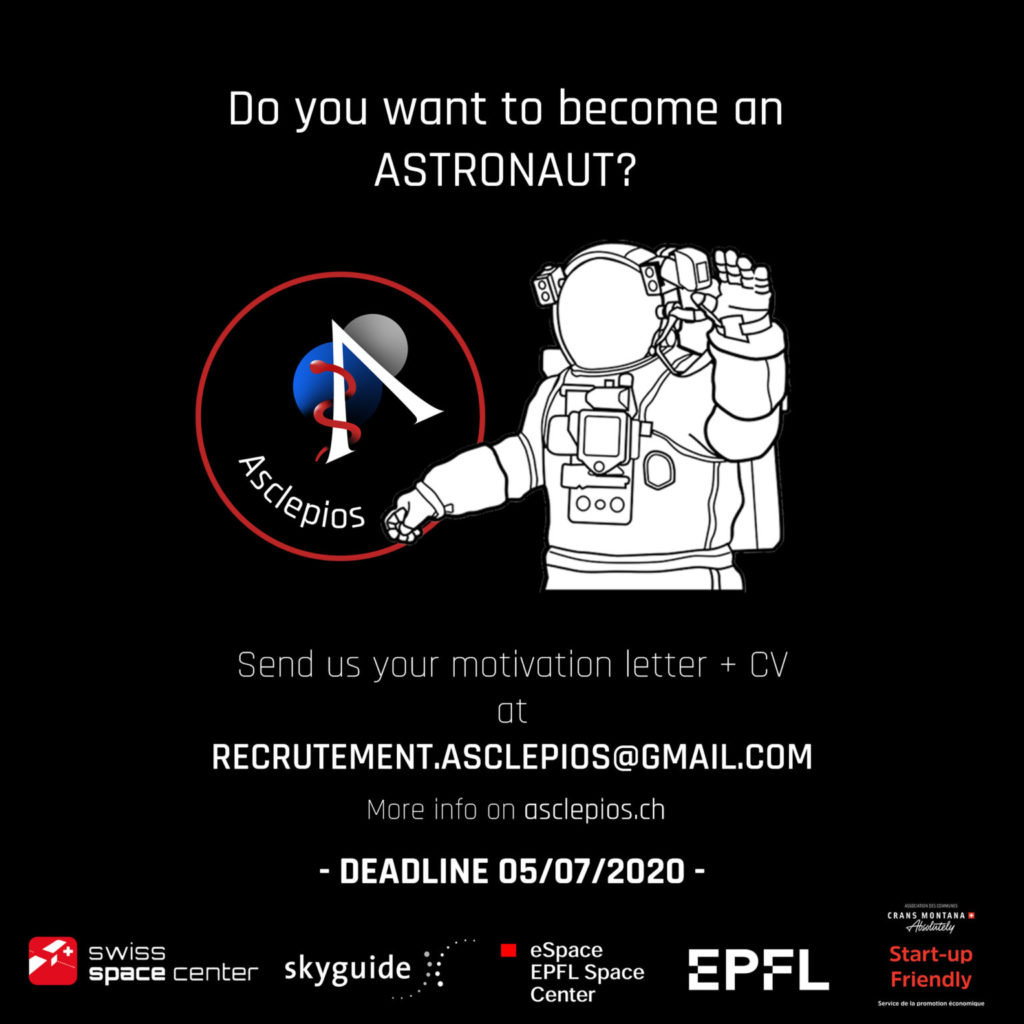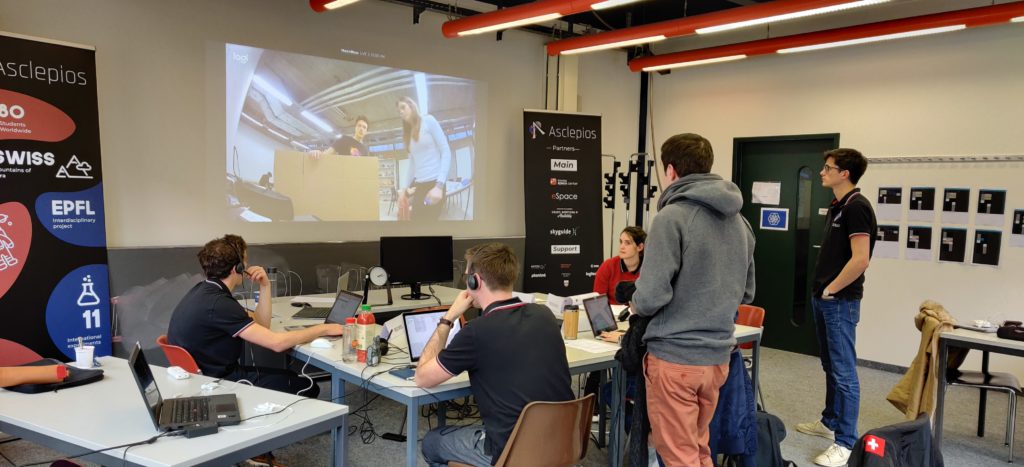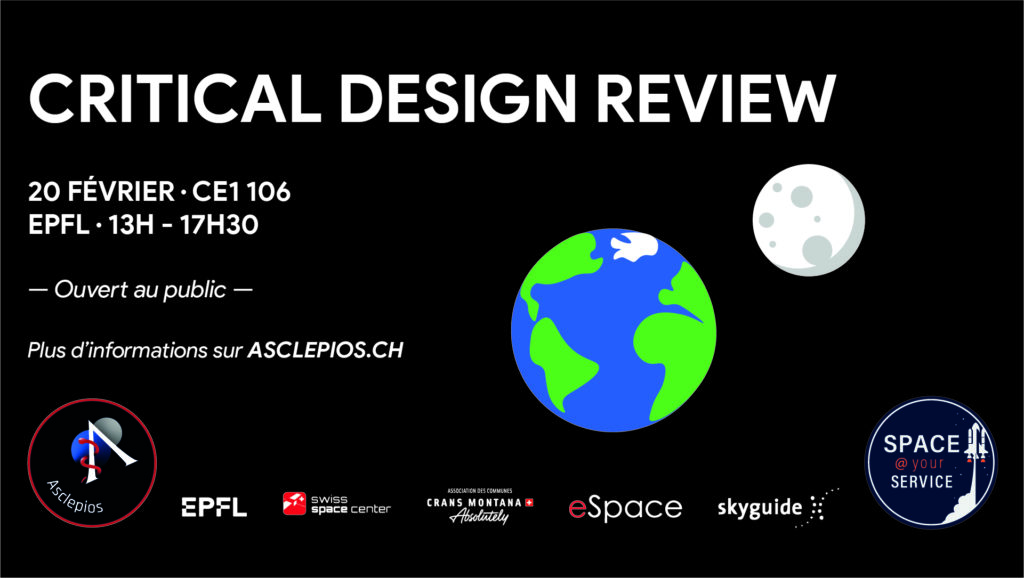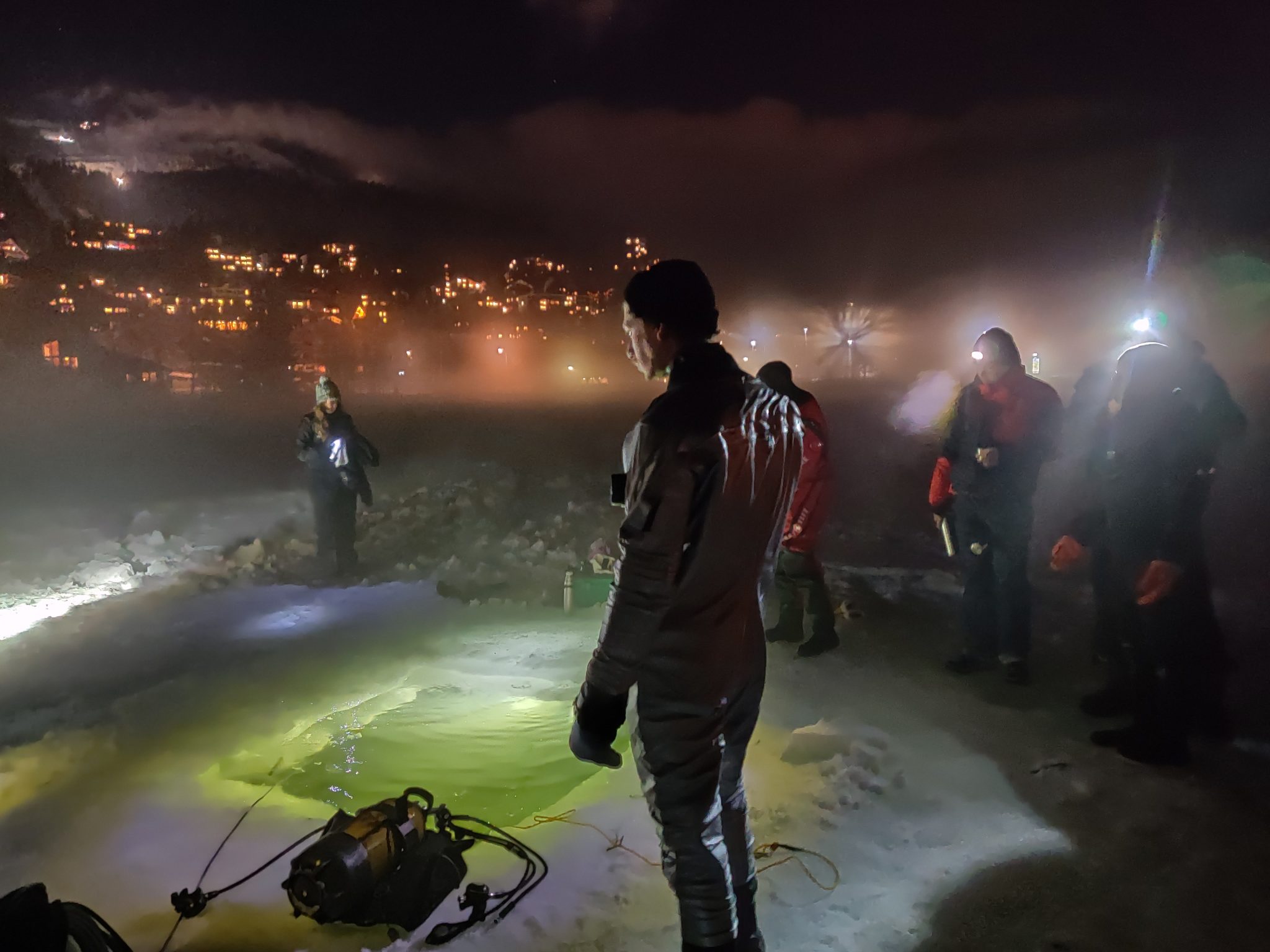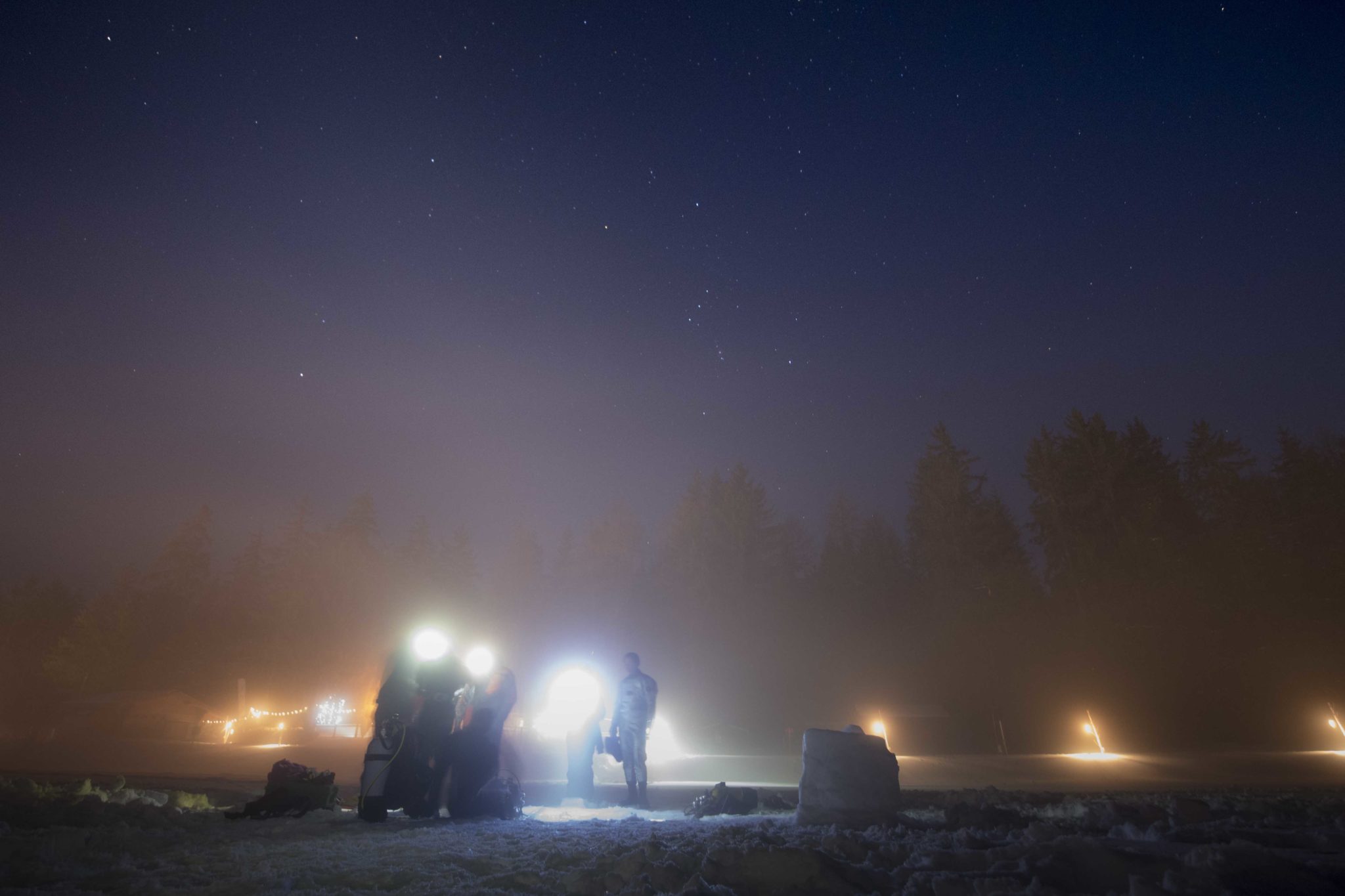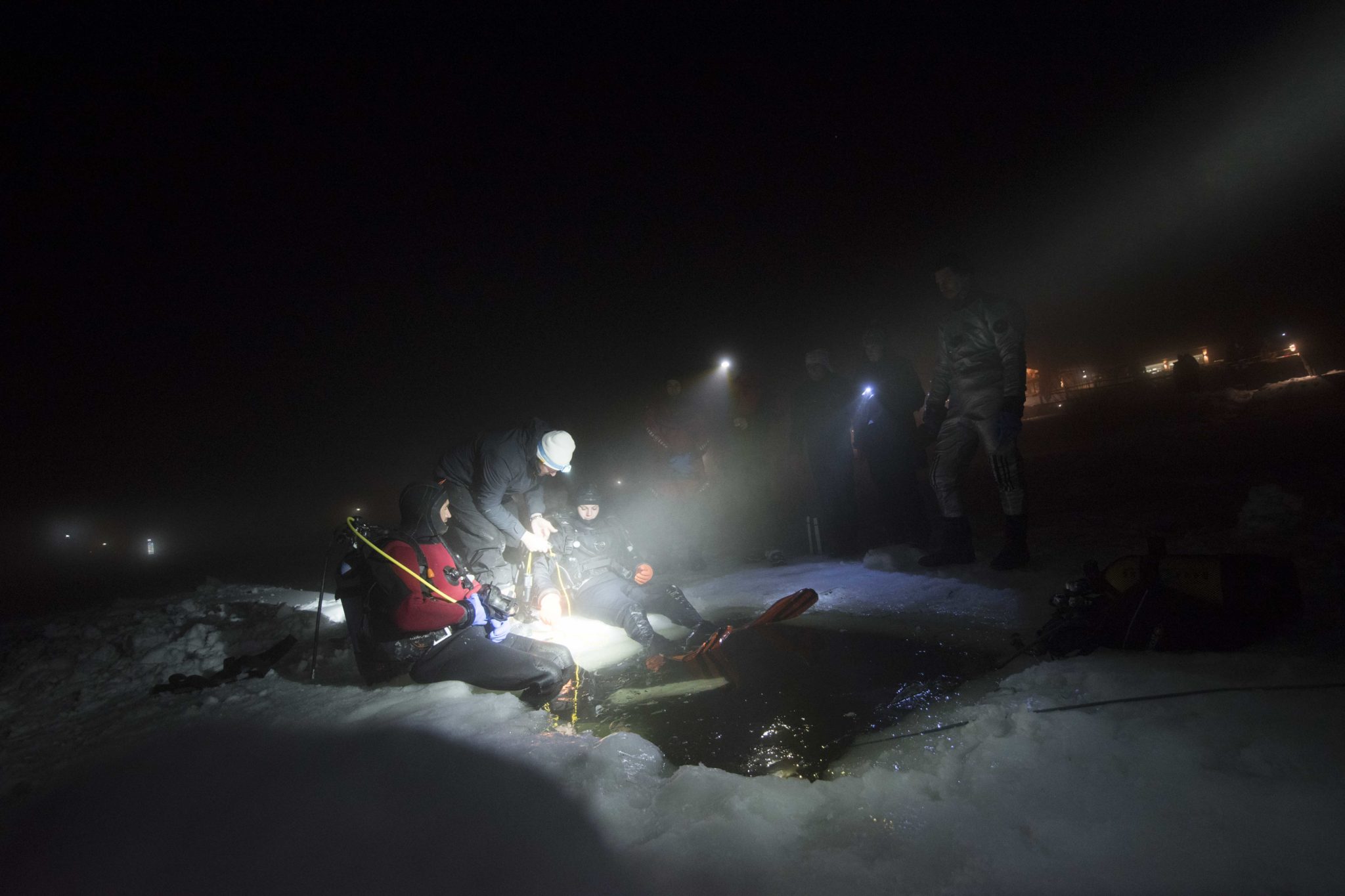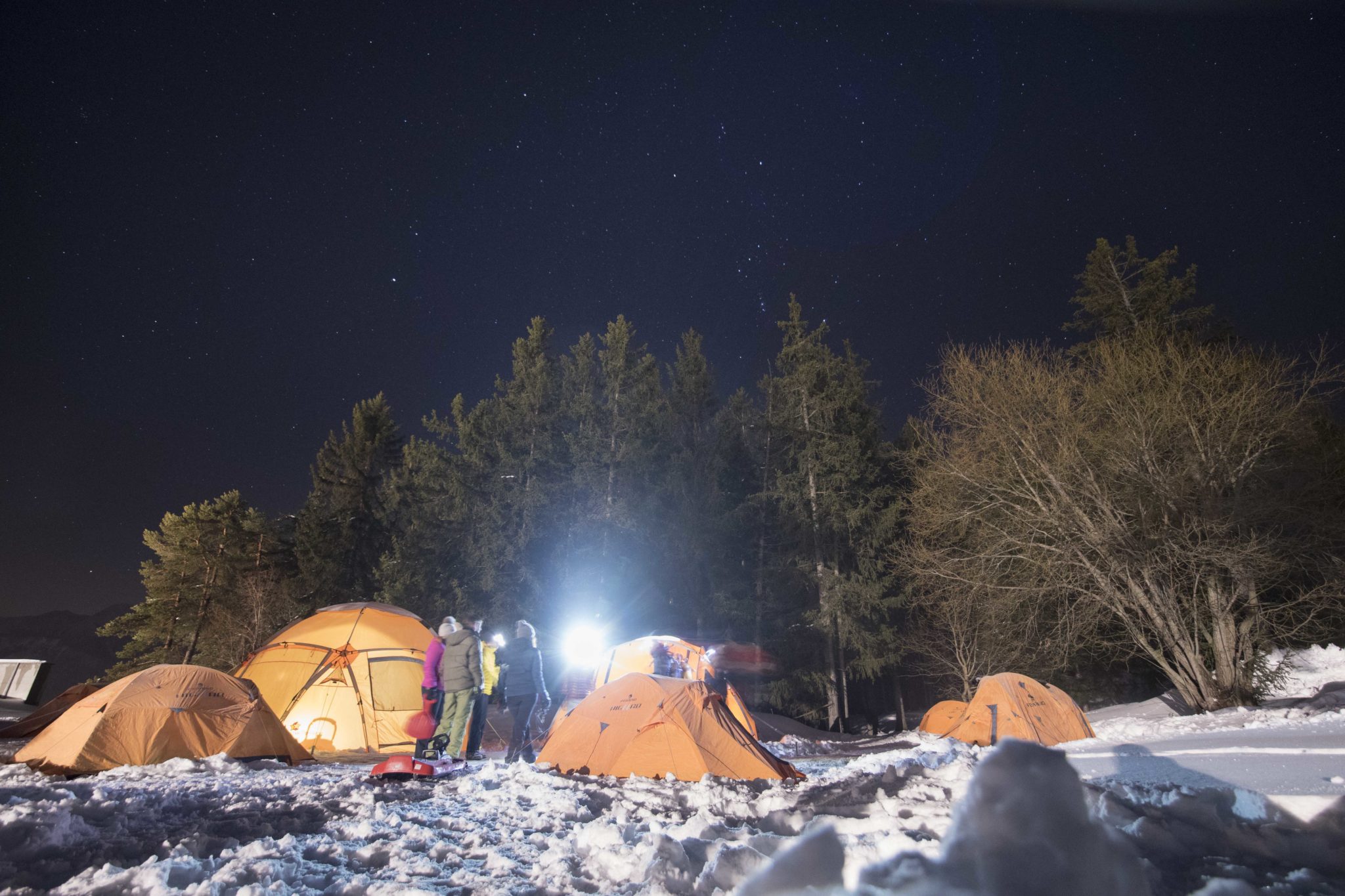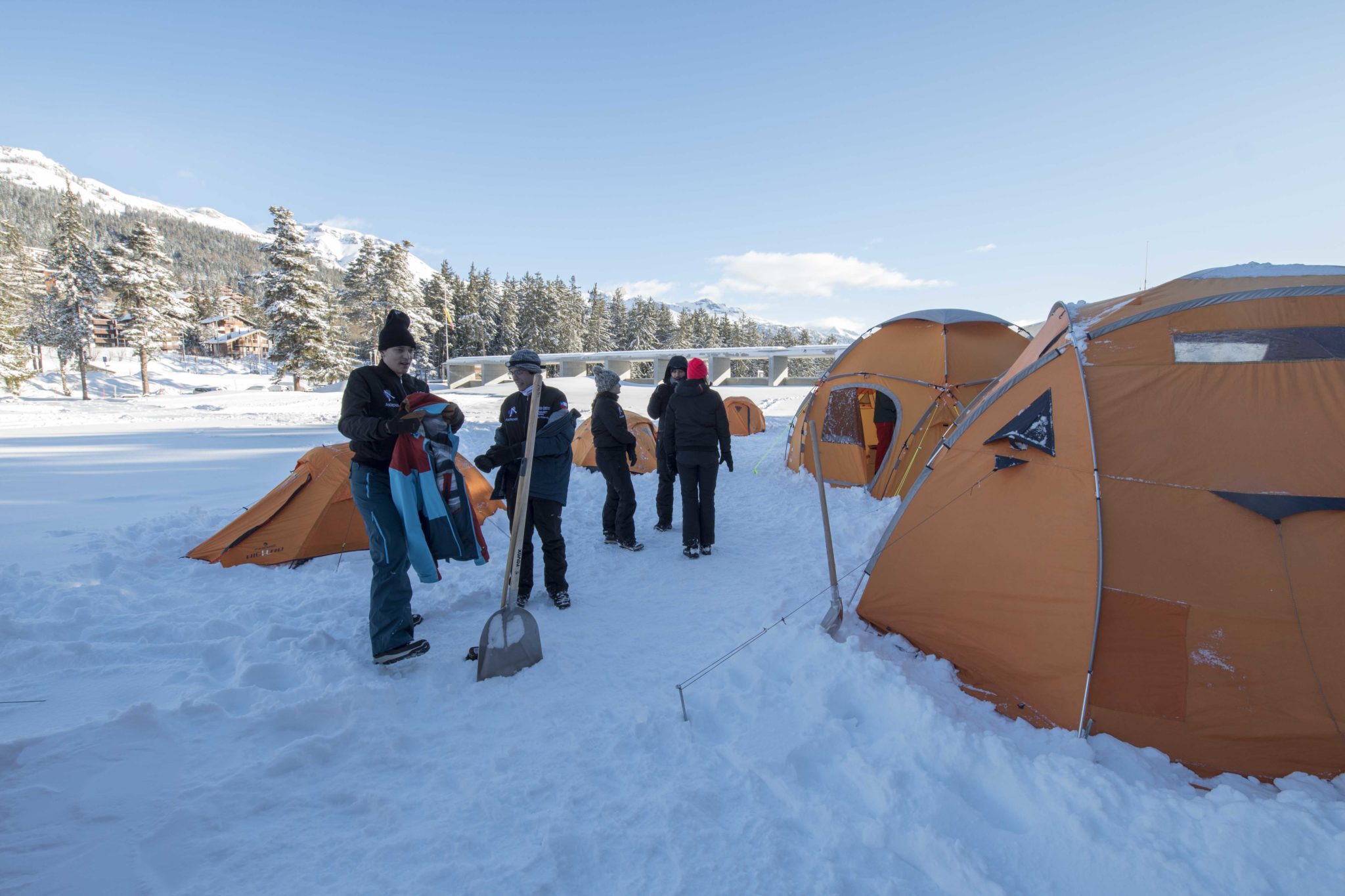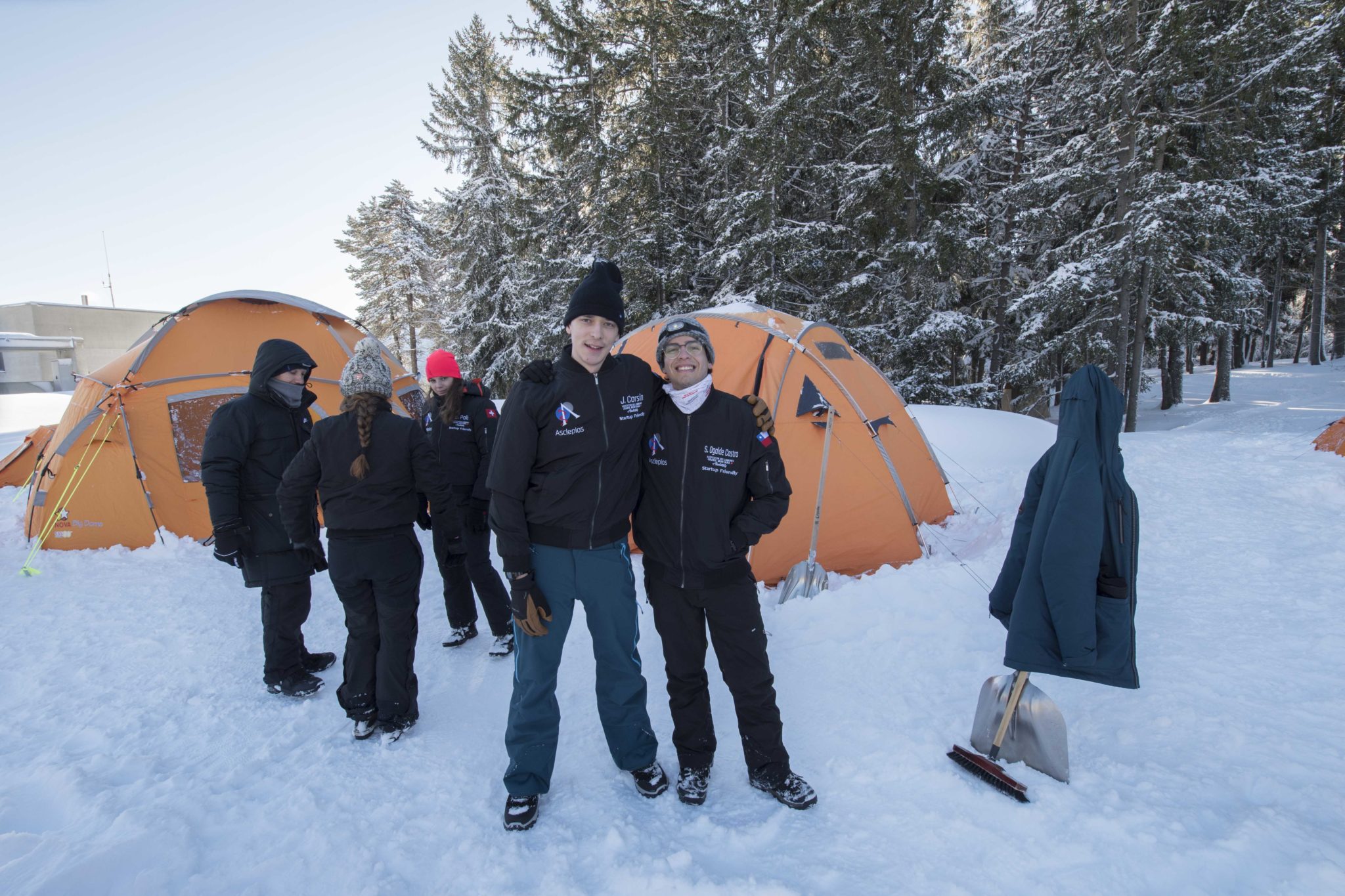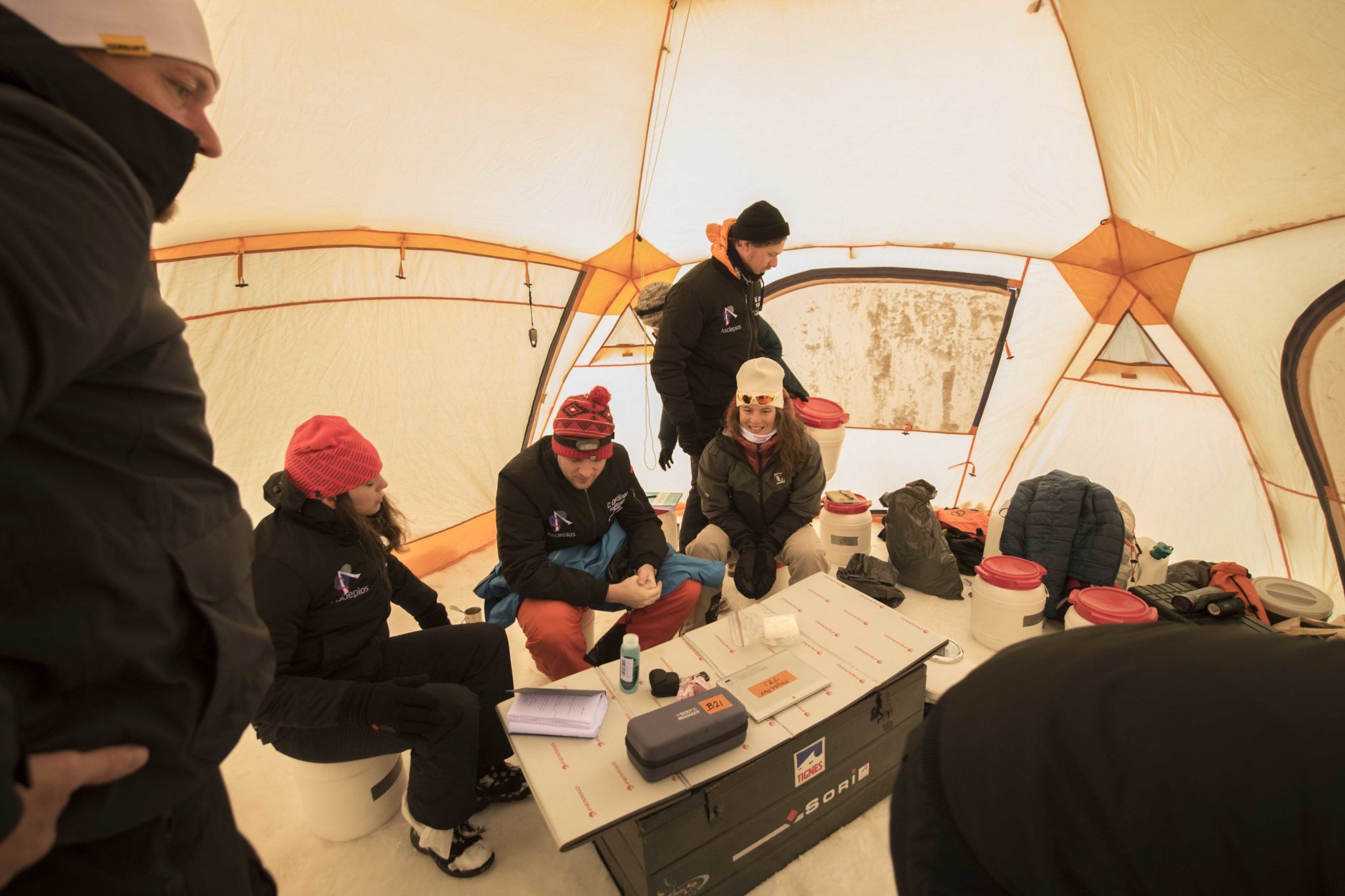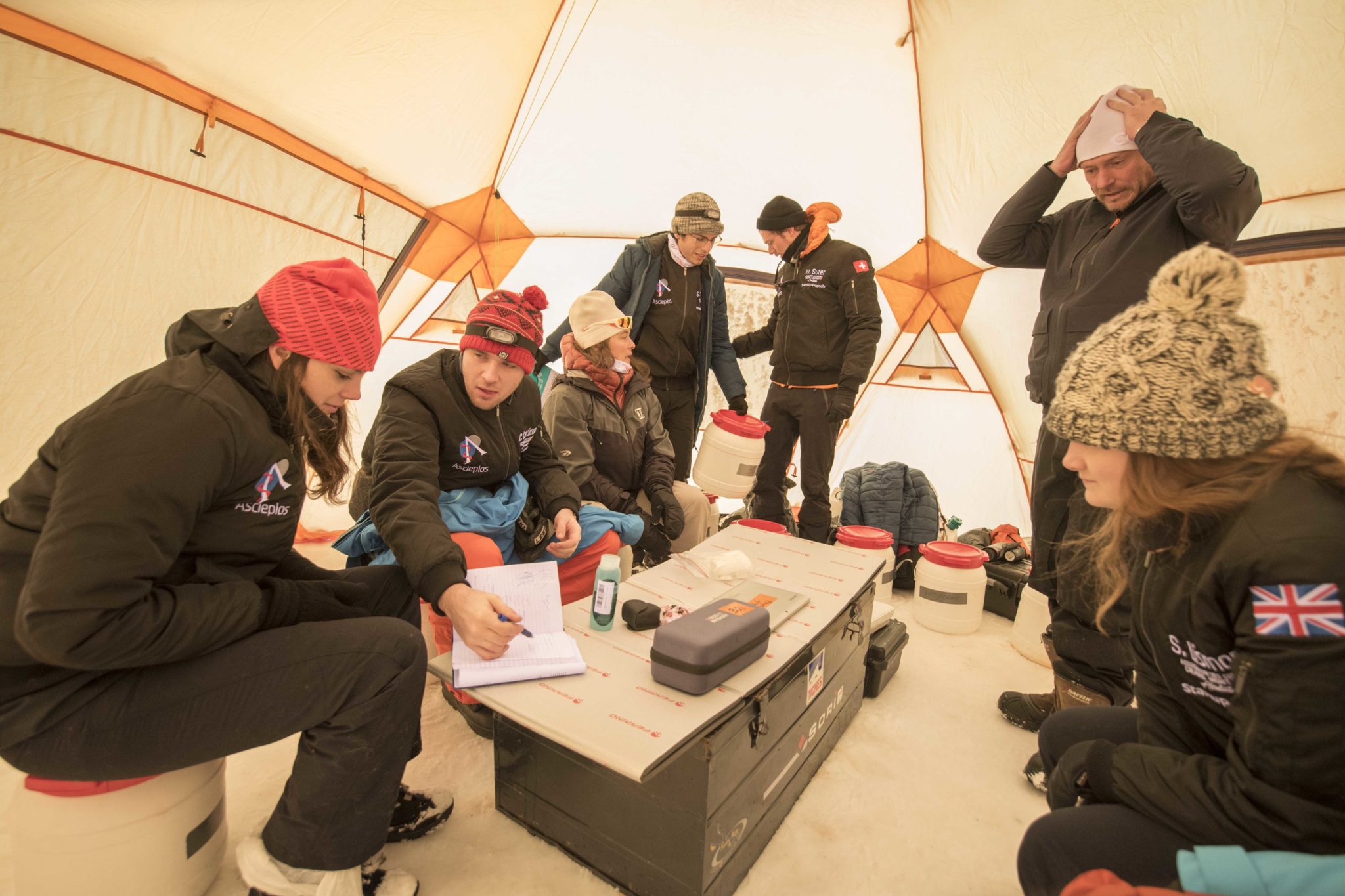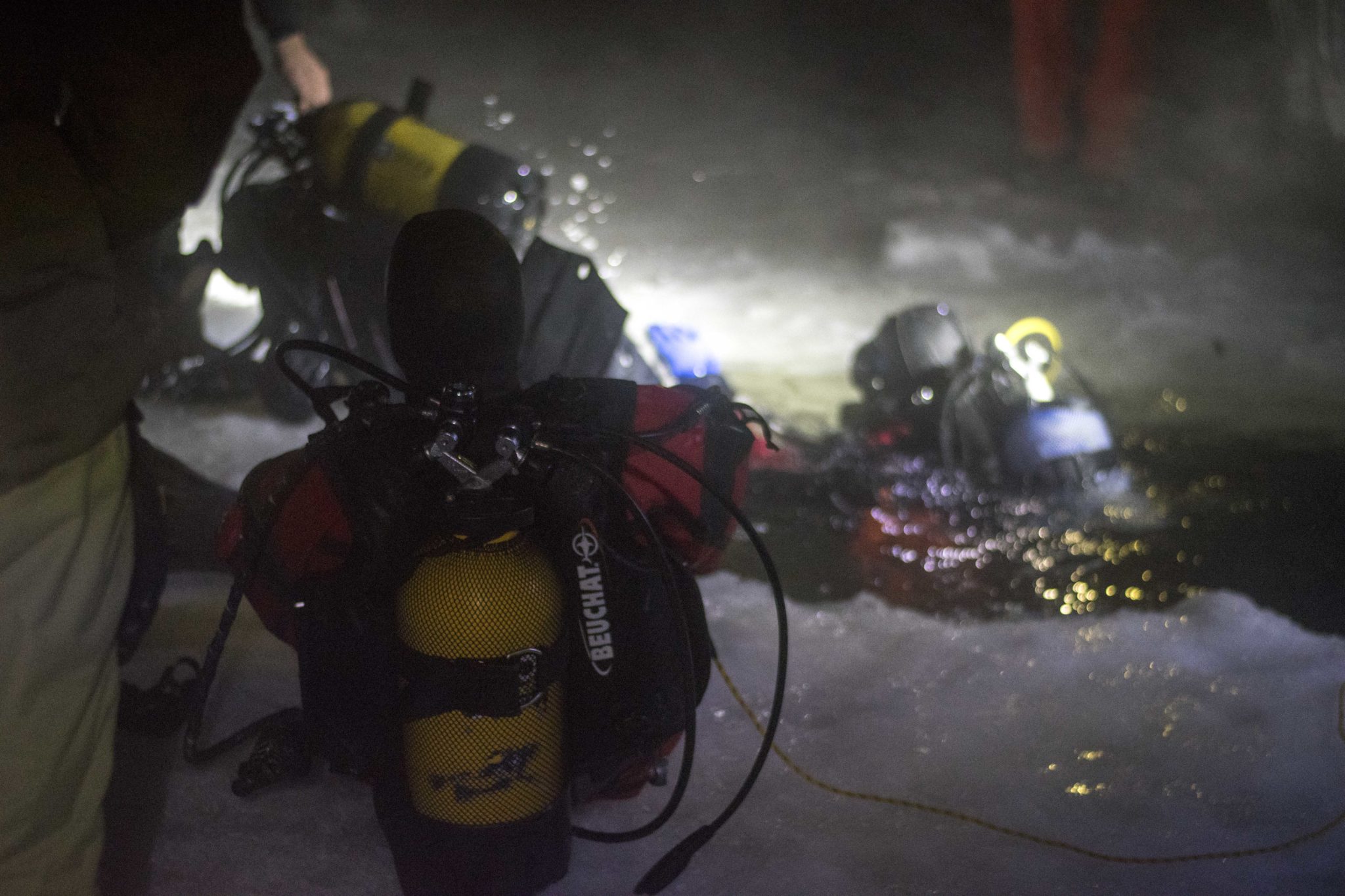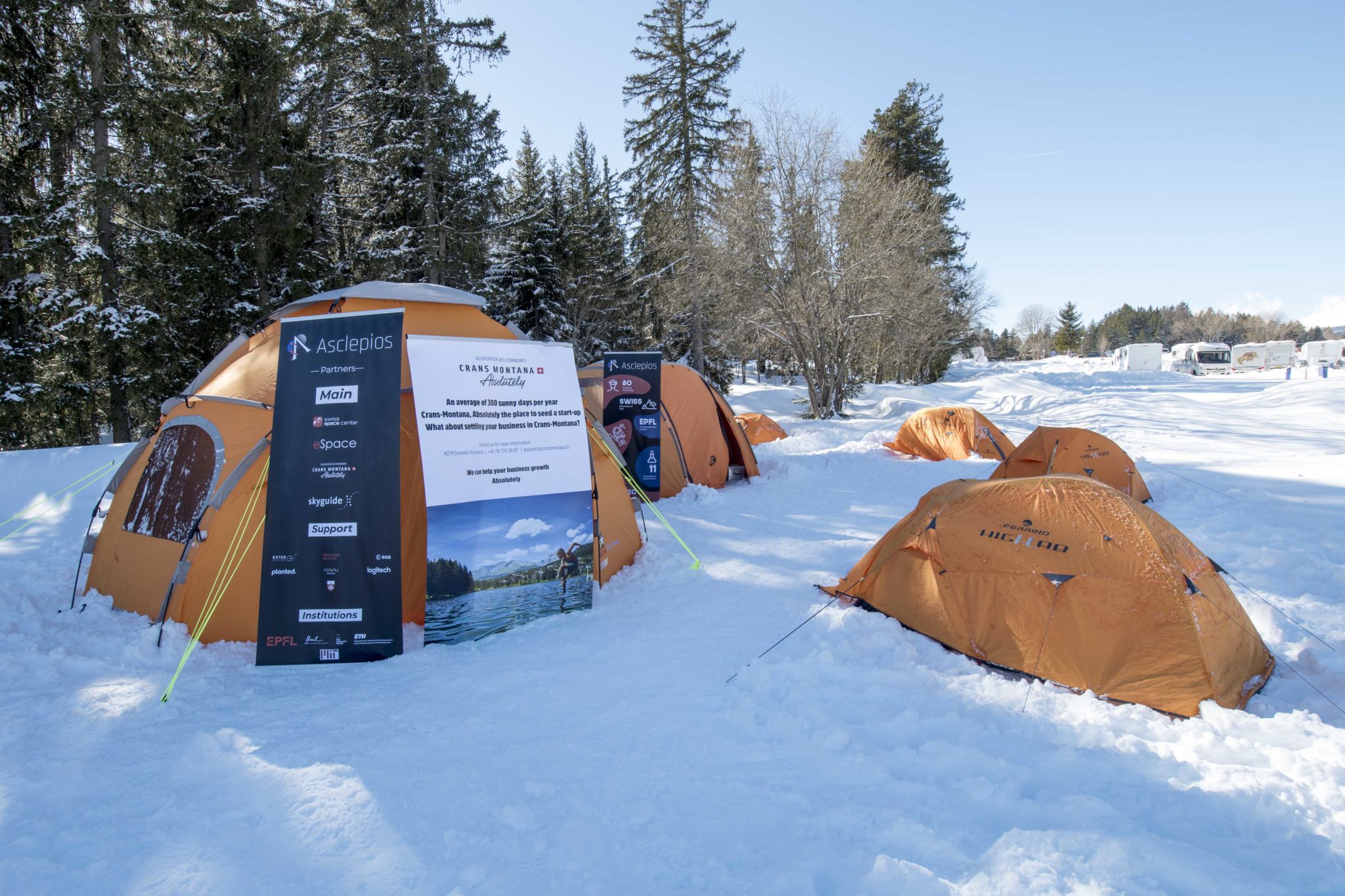Welcome on the blog!
Discover the latest news linked with the mission. and more!
Credits: Raphael Surmont
Our analogue mission in Nagra’s facility Grimsel Test Site has successfuly started, we have landed on the Moon !
Here is the list of podcasts made from the crew, let them tell you the tales of their lunar adventures :
Credits: Valentin Flauraud/Keystone
Another wonderful weekend for our anologue astronauts !
This time they were able to feel and train a bit more like real astronauts since diving was on the menu. Thanks to the association Odysseus 3.1, famous for its clean-up operations in Switzerland and near Lyon, our analogue astronauts went diving in a 20m deep pit and were lucky enough to try on a real scaphander helmet into a lake.
Along with this diving experiments our crew has followed an introduction to potential optimization techniques given by a former french military trainer. They will hopefuly put this knowledge to practice during the mission to keep a good level of stress and stay focused !
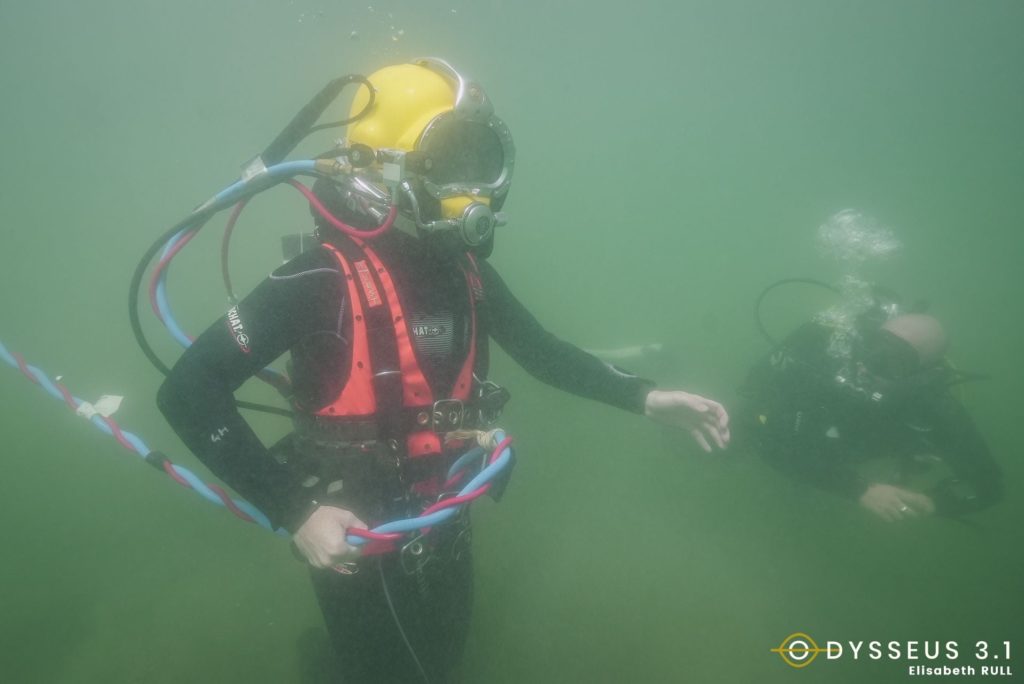
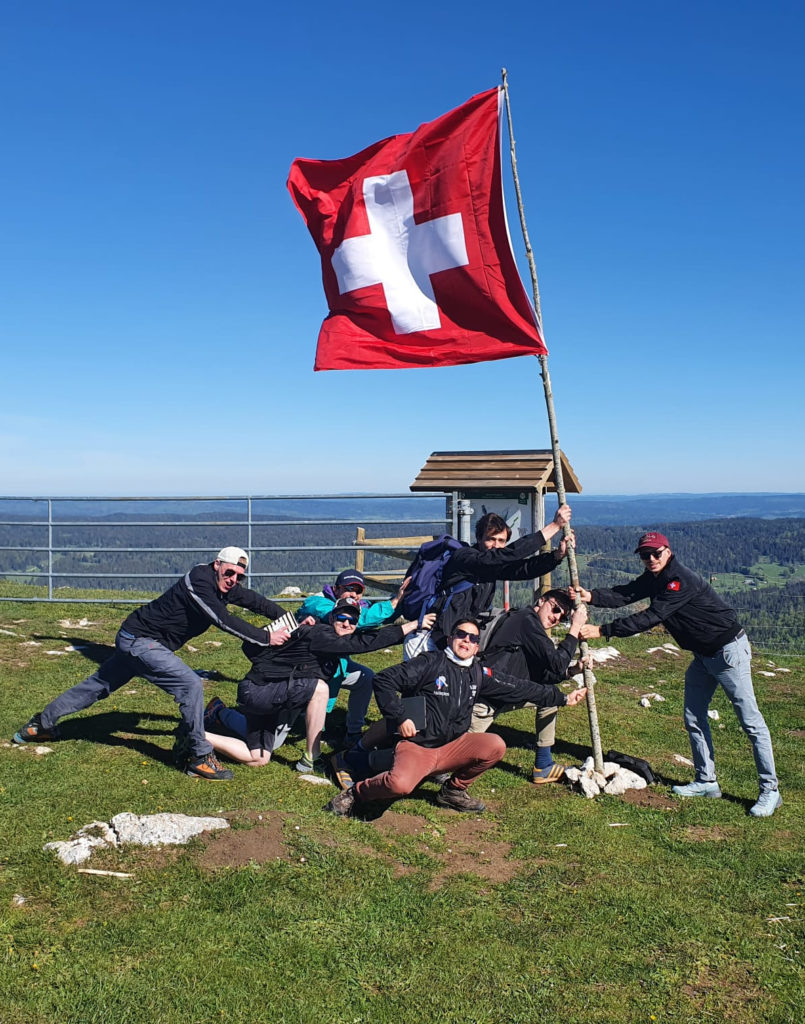
We’ve been very happy to welcome the Genesis Crew in Switzerland for an intensive training weekend !
The first day started with first aid reminders and a discussion about the hazards that the crew may encounter during Asclepios I. On the afternoon the team split and astronauts followed specific trainings based on their role during the mission. Some of the crew experimented a marsian virtual reality environement while some other trained on the REDMARS experiment’s protocol and while the crew medical officers were following a thorough medical training.
The second day’s morning has been dedicated to try and test the mission’s spacesuits. During the afternoon the whole crew learned how to operate three scientific instruments for the Geophysical Exploration experiment.
For the third and last day, the crew firstly drove to La Dent de Vaulion where they had a training for the GeoReMap experiment and a unique view on the lac Leman, the Alps and the splendid Valée de Joux. After the training our capcoms were isolated from the crew than all astronauts were blindfolded and dropped at two unknown locations near the Mont Tendre. A life-size escape game then took place during the afternoon where our capcoms had to help the rest of the crew solving puzzles and finding their way back to the Emergency-Control-Center that was created for the occasion.
Fortunately, they did find their way back and all the crew is ready for the mission that will start on July the 12th.
On the 22 of April, we have had the chance to animate a virtual booth at the Salon des Technologies et de l’Innovation de Lausanne (STIL).
As Covid forced to cancel the event that takes place every year at the SwissTech Convention Center (right next to EPFL’s campus), it was moved online on the Accelevent plateform were our booth was “located” (you can see how it looked from a visitor’s perspective on the image accompagnying this text).
Even remotely, we never miss the pleasure of exchanging with people curious about new technologies and space!
The salon innovated (it would have been a shame otherwise given it’s name) in allowing visitors and attendees to meet despite the remote nature by organizing some “speed-meetings” where two person could discuss for a duration of 3 minutes max and were offer the possibility to create a long term connection if they had found some interest (we don’t know where they got this idea from but it pretty amazing and someone should adpat it to other situations).
Overall, some 600 visitors were able to see the booth of the 74 exhibitors.
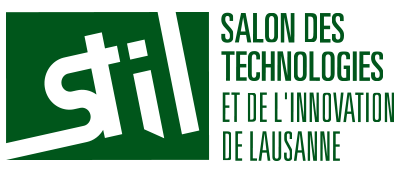
Today we are calling for your support. The Asclepios mission, a 100% student led project, will take place in July 2021 in a lunar base located in Grimsel in the Bernese Alps.
We are looking for funding to pay for transportation and accommodation for our student team who have been working hard for the past year and a half to make this simulation a reality. As you know, this year has been complicated for everyone but also for us students. We are very proud to be part of this team, which has remained motivated despite the many postponements and health restrictions. A team that keeps its smile and its passion, even through their webcam. We wish to do our best to get together for this project we have developed. Help us to make this dream possible!
Take part in our crowdfunding campaign which starts today: the local heroes platform welcomes us until March 17th to collect 8 000 CHF. Together, let’s reach this goal: 3, 2, 1… Take off!
The Asclepios project has been granted the MAKE status from EPFL. This means that we are now recognized as an interdisciplinary project supported by EPFL. This is a great step for us because it means that our dedication and our work fulfills the goal we had in terms of education but also gives us more access to laboratories and academic recognition.

he MAKE projects are supposed to bring students from a lot of different academic backgrounds together to work on something that gives them new perspectives as well as help to develop skills that will serve them throughout their professional lives. To be one of such projects means that we’ve succeeded on the student aspect and emboldens us to give our very best for the scientific aspect that represents our mission.

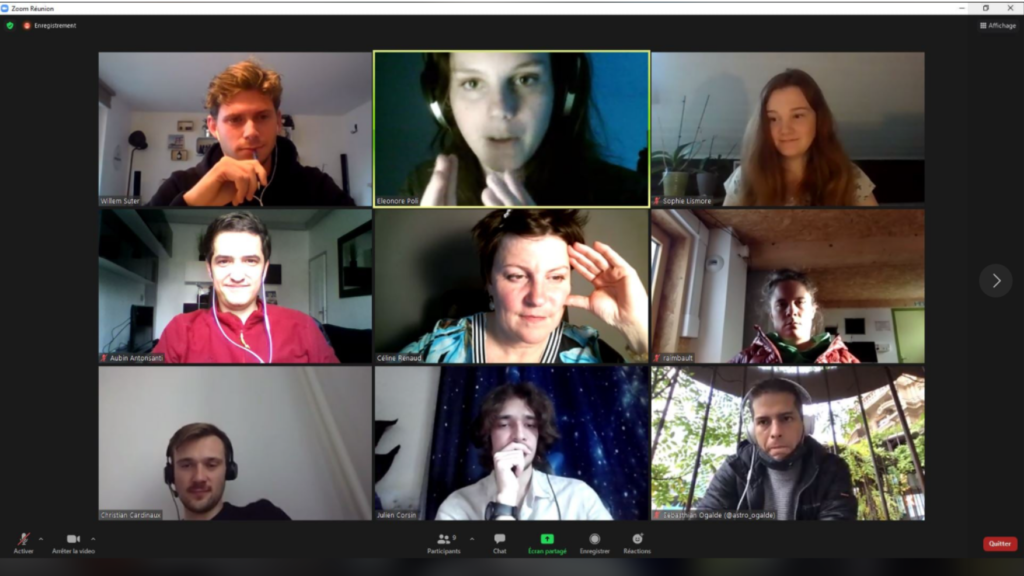
Late October, the astronauts had an intense week-end with two different workshops.
On Saturday, Marc Toussaint presented the global structure of ESA and brought knowledge on various aspects linked to space, astronauts, human spaceflights, rockets and launchers, but also on more politicals and management topics.
On Sunday, Céline Renaud taught the Genesis crew to speak in public and tell stories. She came with tools and strategies not to stay wordless. Each one was able to train, while telling a story or training to answer questions to a journalist.
At the beginning of October and in respect of the barrier gestures, Asclepios celebrated the arrival of its new members during an integration weekend.
All members were able to meet in person or by teleconference and get to know each other through fun activities such as “2 truths 1 lie” or a morning jog.
This weekend was an opportunity to present the structure of the different teams and the functioning of the association but also to meet our mentors such as Julia Schmale from EERL, Emmanuelle David from eSpace, the explorer Alban Michon or Claude Nicollier, Swiss astronaut.
On the last day, everyone was able to try out the different roles of the future Mission Control Center through different scenarios featuring our astronauts who were facetious.
Do you want to take part in a space mission simulation?
As a new school year starts, the Asclepios project has opened this year’s recruitment sesion. We are looking for studen who are passionate about space and willing to work with us to make the first student-led analogue mission a reality.
A zoom meeting has been organized for those that were able to attend on the 23rd of September 2020. It allowed students from EPFL and elsewhere to ask questions and discover the project.
If you are interested in joining, you can do so through the Become a member page. On this page you will also find the descritpion of the positions offered within Asclepios.
For additional questions, please contact asclepios@epfl.ch .
During the month of August we held a Call for projects for our mission Ascepios I. It was an invitation for actors within the space industry to send us project to try and test during the mission. The call is now over and the selection is underway,
The call was open to all laboratories, start-ups, companies, and students. Registration was done via the website on the dedicated Call for projects page.
They needed to submit an outline proposal at first, through a standardized application document that was provided to help shape their proposal. At the end of the call, on september the 15th 2020, we have choosen which proposols suit our missions needs. Selected projects will spark a collaboration between Asclepios and the project’s team which will lead to it being included into one of the Asclepios missions.
If you need some information for a future proposal in the next call, the Call’s page explains it all but you can also contact us.
After searching during this summer for a partner to host the Asclepios I mission, we are pleased to announce that it will take place within the infrastructure of the new project partner, Nagra at the Grimsel Test Site (GTS).
Nagra (National Cooperative for the Disposal of Radioactive Waste) is the competence centre for radioactive waste disposal in Switzerland. Its mandate is to find solutions that guarantee the long-term safety of humans and the environment. Nagra’s test site at Grimsel inspired the “exploration” theme of Asclepios I.
As a matter of fact, the Grimsel Test Site will provide an exceptional playground for simulating the lunar environment and conducting experiments with the necessary realism and equipment, while ensuring the comfort and safety of the Genesis crew. As the site consists of tunnels buried under mountains serving as a geological laboratory, it was decided to build the mission around those de facto “lunar caverns”.
To get a better idea of the location, you can watch the video of our first visit to the site. You can also learn more about the GTS and the mission on the page dedicated to Asclepios I.
Between the 24th and the 26th of July, we held our first Hackathon. It was centered around the theme “Exploring the moon and living in a lunar base”. It was a brilliant experience for us as we were able to accompany students in their search for innovative solutions to the problems faced by the global space community. We provided support during the whole event and in return, they offered us their solutions.
At the end, 80 students sat around in teams of 5 and carried a project focused on either Rover designs, anti-space-dust solutions, improving the lives of astronauts or hazardous material handling. At the end of it, we chose three projects to offer our support to, they are the DRAC01 project, the LEXICON project and the MAS project. They consists of:
- The use of electromagnetic and electric fields to clean spacesuits of invasive and toxic moondust;
- A pressurized chamber that could be installed around a drill, in order to easily collect Lunar regolith, gaseous products and mineral samples;
- An array of seismometers to prevent moon earthquakes from endangering astronauts during their stay on our satellite.
We want to thank everyone who has applied and those who have participated. We have recorded each project’s presentation and they can be found in our Youtube playlist.
On the 15th of June, the recruitment for analogue astronauts for the mission Asclepios II opened. We are looking for students all around the world to crew our “space” base for our second mission. This mission’s focus will be sustainability of the base and the mission both for ecological purposes and long term habitation.
If you want to learn more on the procedure, you can check the dedicated page on our website. All it takes to apply is a CV and a motivation letter. The open recruitment phase ends on the 7th of July at midnight (Swiss time).
3,2,1,… Wait, I’m picking up an anomaly. Abort the launch sequence.
Following the COVID-19 pandemic, EPFL chosed to take sanitary measures to slow the spread of the virus. The school has therefore imposed the closure of the Lausanne campus to guests where our astronauts’ training was to take place. The launch of the Asclepios mission in April was therefore declared NO-GO by the project managers.
But a rocket has much more inertia than that, you don’t stop it with a snap of your fingers. At best, it can be deflected. The mission will therefore take place at a later date among the three backup dates planned in case of a firing incident. Far from being a half-tone failure, the postponement of the mission to the 2020/2021 school year will be exploited to ensure greater realism.
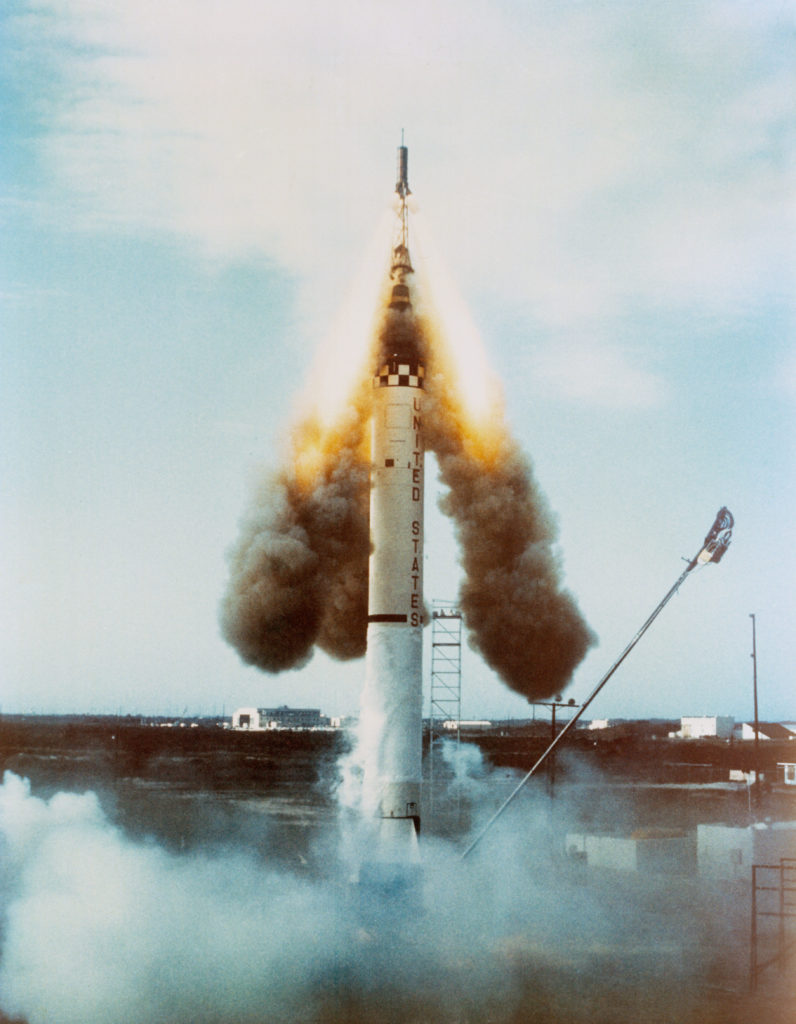
From the 28th of february to the 1st of march, our astronauts have performed a dress rehearsal of the april mission. The Asclepios managers were taking the role of MCC and following the procedures laid down for the mission. The activities of this event included workshop given by the astronauts to exchange personnal skills among themselves as well as the assembly of the antenna of our radio-astro experiment.
The Asclepios astronaut crew as well as the project manager just did a workshop in the Swiss ski station of Crans-Montana. The workshop was lead by French polar explorer Alban Michon and took place between the 13th and 16th of february. Activities included building and living inside a tents camp, diving under the ice of the Moubra lake by day and by night as well as team building exercises. This was made possible thanks to the partnership with the economic promotion of the association of towns of Crans-Montana.
